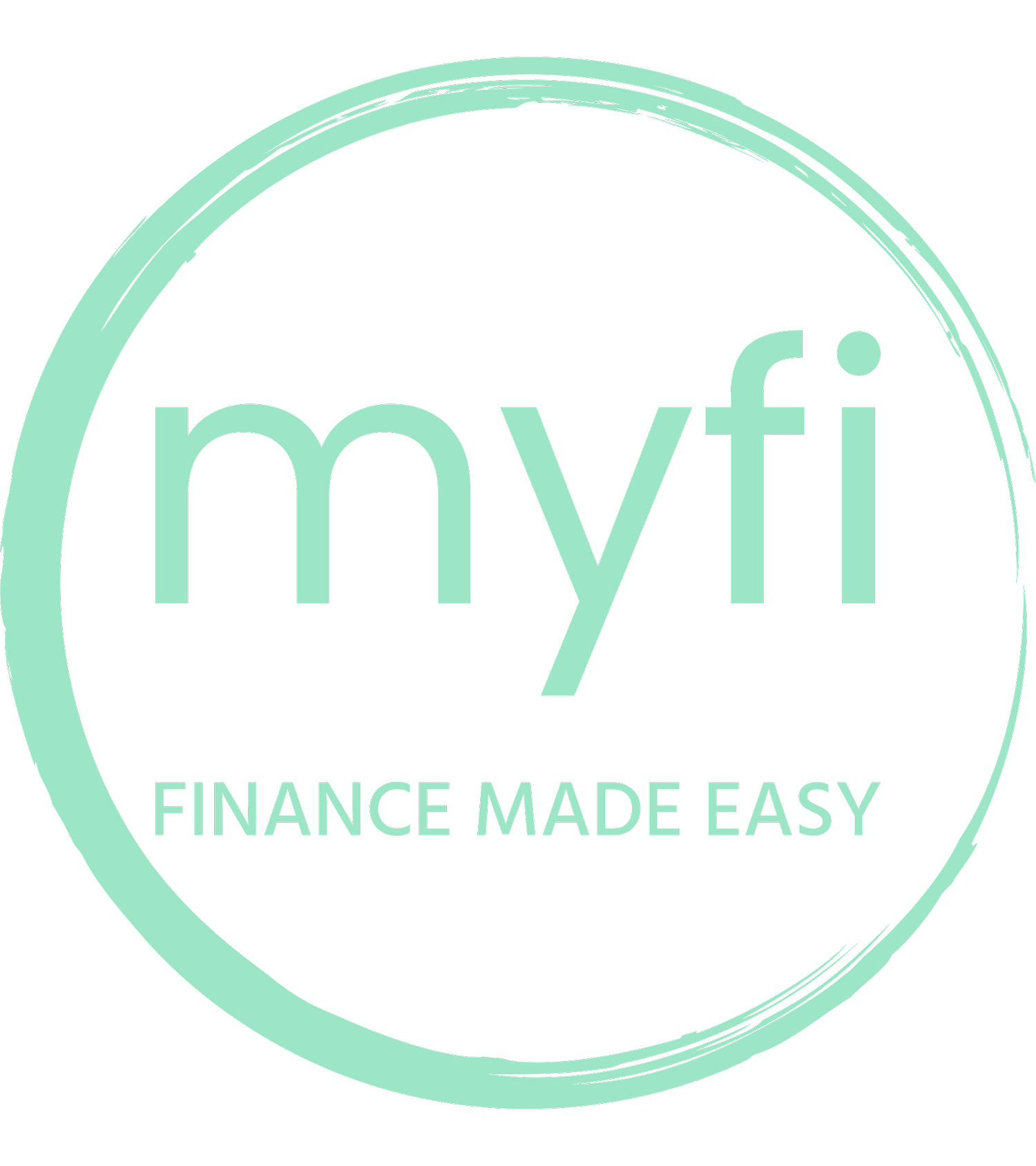Financial record keeping for small or medium-sized businesses
Financial record keeping for small or medium-sized businesses is often overlooked but is an essential aspect of running a successful operation. Accurate and organized financial records help you understand your business's financial health, comply with legal and tax requirements, and make informed decisions. In this guide, we will discuss best practices for financial record keeping that can help your business thrive.
Keeping track of all financial transactions
First and foremost, it's important to establish a system for keeping track of all financial transactions. This includes not only transactions related to your business's income and expenses, but also transactions related to assets, liabilities, and equity. A good way to do this is by setting up a chart of accounts that reflects the different types of transactions that your business conducts.
Detailed records
Next, it's essential to keep accurate and detailed records of all transactions. This includes keeping receipts, invoices, bank statements, and other documentation that supports the financial transactions you've recorded. These records should be easily accessible and well-organized to ensure that you can quickly and easily locate the information you need.
Regularly reconciling your financial records
Another important aspect of financial record keeping is regularly reconciling your financial records with your bank statements. This process helps you ensure that the transactions recorded in your financial records match the transactions that appear on your bank statements. It's also a good idea to periodically review your financial records to identify any errors or discrepancies.
Regularly recording new transactions
In addition to keeping accurate records, it's also important to make sure that your financial records are up-to-date. This means regularly recording new transactions and updating your financial records as needed. It's also a good idea to set a schedule for regularly reviewing your financial records to ensure that they are accurate and up-to-date.
Comply with all relevant legal and tax requirements
Another important aspect of financial record keeping is making sure that you comply with all relevant legal and tax requirements. This includes keeping records of all taxes that your business owes and ensuring that you file your taxes on time. It's also a good idea to consult with a tax professional or accountant to ensure that you are complying with all relevant tax laws and regulations.
Make informed decisions about how to grow and improve your business
Finally, financial record keeping is not only about compliance but also about decision making. Accurate and timely financial records can provide valuable insights into your business's financial health and help you make informed decisions about how to grow and improve your business. This includes understanding your revenue, expenses, and cash flow, identifying patterns and trends in your financial data, and using this information to make strategic decisions about how to allocate your resources.
Concluding on financial record keeping for small or medium-sized businesses
In conclusion, financial record keeping is a critical aspect of running a small or medium-sized business. By establishing a system for keeping track of all financial transactions, keeping accurate and detailed records, reconciling your financial records with your bank statements, staying up-to-date, complying with legal and tax requirements, and using your financial records for decision making, you can ensure that your business's financial records are organized and accurate, which can help your business thrive.
It's also worth noting that today's technology allows you to automate some of these tasks, like financial transactions and taxes compliance, by using accounting software that can integrate with other tools like your bank accounts and e-commerce platforms. This can save you time and reduce human errors, allowing you to focus on more important aspects of your business.
